What are the risks of remote start?
Remote start systems offer undeniable convenience, allowing you to control and monitor your power supply from virtually anywhere. This technology is especially valuable for operations that depend on a reliable remote control diesel generator. However, while remote functionality brings significant benefits, it also introduces unique risks that must be carefully managed to ensure safety, reliability, and compliance.

Key Risks of Remote Start Systems
Understanding these risks is essential for anyone operating or managing a generator equipped with remote capabilities:
Unauthorized Access and Cybersecurity Threats
Poorly secured systems can be vulnerable to hacking. An unauthorized user might gain control of your remote control diesel generator, leading to:Unauthorized starts or stops, disrupting operations
Theft of operational data
Potential sabotage or ransomware attacks
Safety Hazards
Remote systems can create dangerous situations if not integrated with proper physical safety protocols:Accidental starting during maintenance, putting service personnel at risk
Operation in unsafe conditions (low oil pressure, high temperature) if sensor alerts are ignored or malfunction
Exhaust fume buildup in enclosed areas due to unattended operation
System Reliability and False Alarms
Not all remote systems are equally reliable. Some may suffer from:Communication failures that prevent remote commands from executing
False alarms that lead to unnecessary maintenance visits or ignored critical alerts
Incompatibility with existing generator controllers causing operational conflicts
Regulatory Compliance Issues
Depending on your industry and location, remote operation may be subject to specific regulations:Emission control requirements during startup and shutdown cycles
Noise regulations in residential areas
Safety certifications for equipment operated remotely
Increased Maintenance Complexity
Adding remote capabilities introduces new components that require maintenance:Communication modules and antennas
Additional sensors and wiring
Software updates and security patches
How to Minimize Remote Start Risks
You can significantly reduce these risks through careful planning and professional implementation:
Choose Factory-Integrated Systems
Opt for a remote control diesel generator with built-in remote capabilities rather than aftermarket solutions. Factory-integrated systems are designed to work seamlessly with your generator's existing safety and control systems.Implement Robust Security Measures
Ensure your remote system includes:End-to-end encryption for all communications
Multi-factor authentication for user access
Regular security updates and patches
Establish Clear Operational Protocols
Develop and enforce strict procedures for:Remote operation authorization levels
Regular system testing and maintenance
Emergency override procedures
Provide Comprehensive Training
Ensure all personnel who interact with the system understand:Proper operation procedures
Security best practices
Emergency response protocols
Schedule Professional Maintenance
Regular maintenance by qualified technicians is essential for ensuring both the generator and its remote control system operate safely and reliably.
Conclusion
While remote start systems offer valuable operational flexibility, they require careful implementation and management to avoid serious safety, security, and compliance risks. The most effective approach is to select a properly engineered remote control diesel generator from a manufacturer that understands these challenges and builds appropriate safeguards into their systems.
At JLMECH, we combine extensive expertise in power generation with an unwavering commitment to quality and security. Our remote start solutions are designed with multiple layers of protection to ensure safe, reliable operation while maintaining full compliance with industry regulations.
Contact our team of experts to discuss your remote control needs. Email us at skala@whjlmech.com for a consultation and learn more about our secure remote control solutions.
References
International Electrotechnical Commission. (2018). IEC 62443: Security for Industrial Automation and Control Systems.
National Fire Protection Association. (2023). NFPA 110: Standard for Emergency and Standby Power Systems.
Johnson, M. (2022). Emergency Power Systems: A Comprehensive Guide to High-Speed Diesel Generators. Power Engineering Quarterly, 45(3), 78-92.
U.S. Department of Energy. (2021). Cybersecurity Considerations for Distributed Energy Resources.
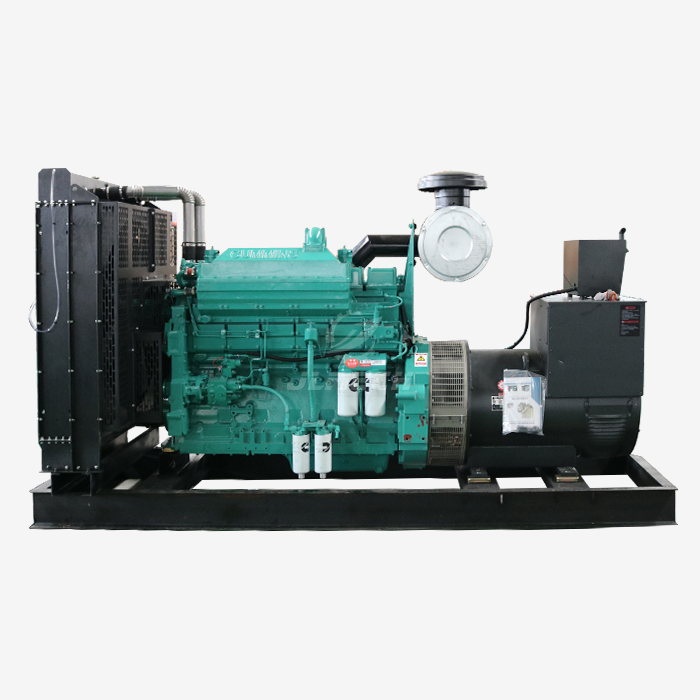 VIEW MOREgenerator 50 kw diesel
VIEW MOREgenerator 50 kw diesel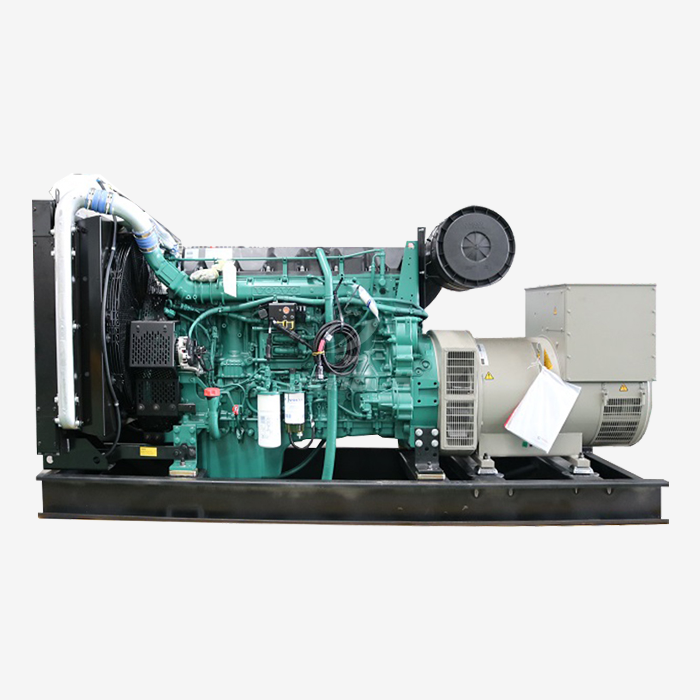 VIEW MOREAC 1 Phase Diesel Generator
VIEW MOREAC 1 Phase Diesel Generator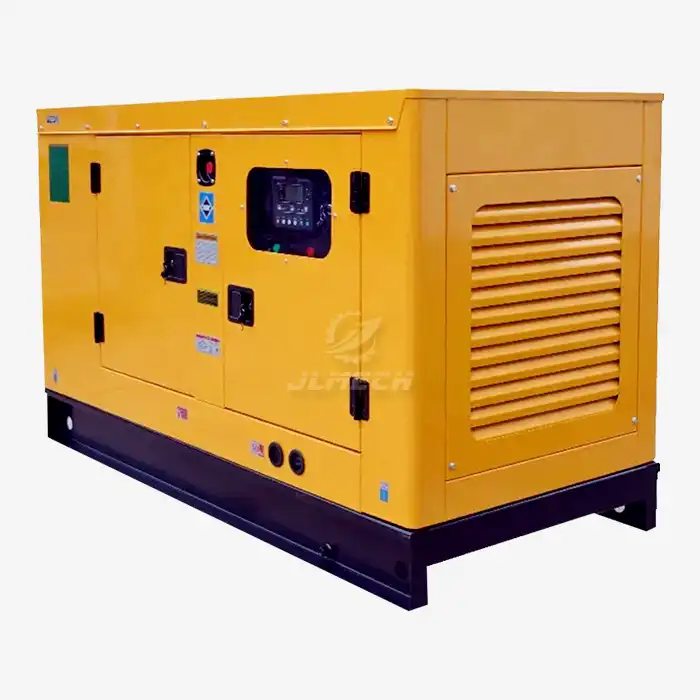 VIEW MOREWater-Cooled Silent Diesel Generator
VIEW MOREWater-Cooled Silent Diesel Generator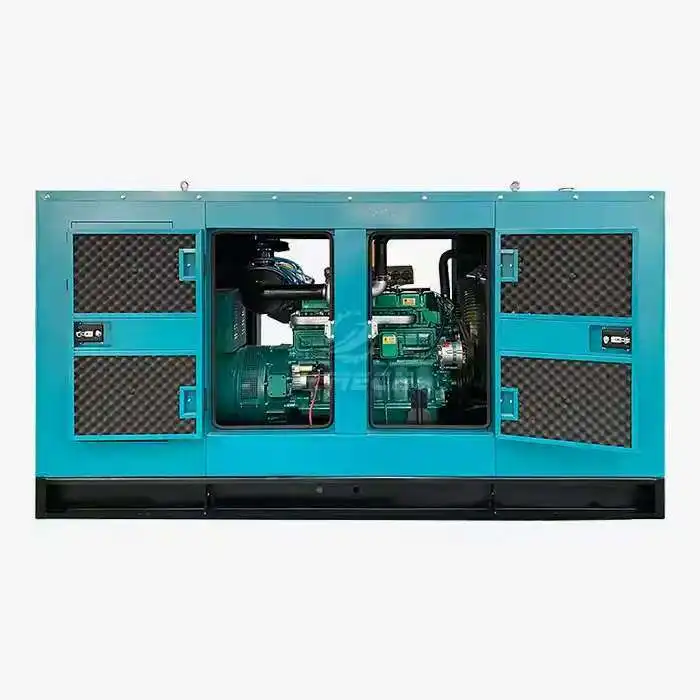 VIEW MOREdirect injection vehicular engine
VIEW MOREdirect injection vehicular engine VIEW MORE4 stroke brush cutter machine
VIEW MORE4 stroke brush cutter machine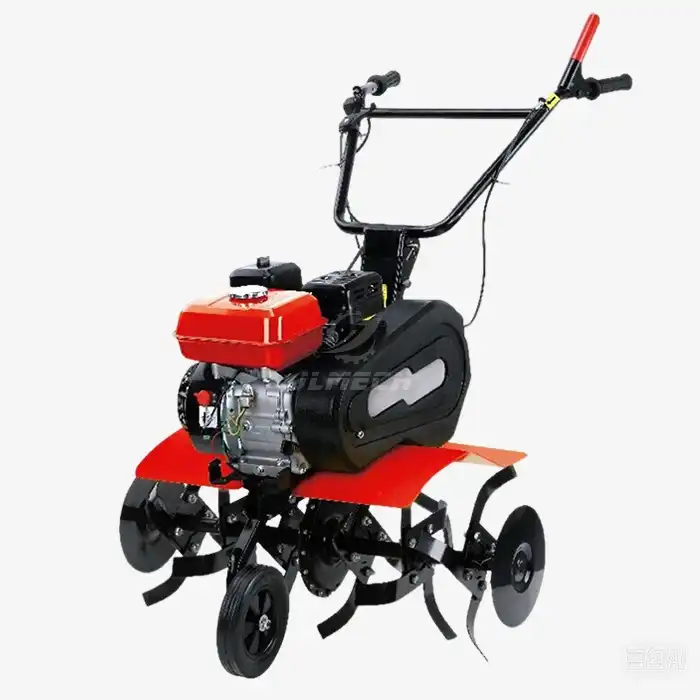 VIEW MOREcultivators mini tiller rotary
VIEW MOREcultivators mini tiller rotary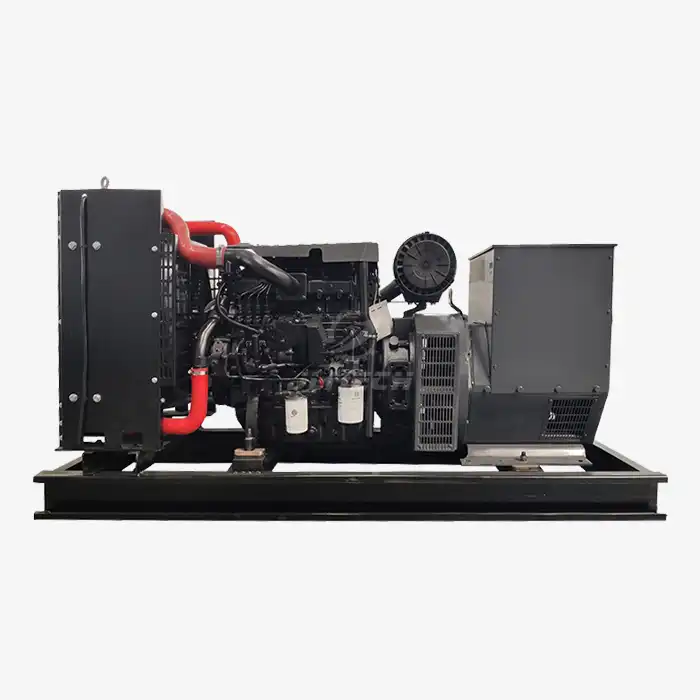 VIEW MOREweichai diesel generator 33kva
VIEW MOREweichai diesel generator 33kva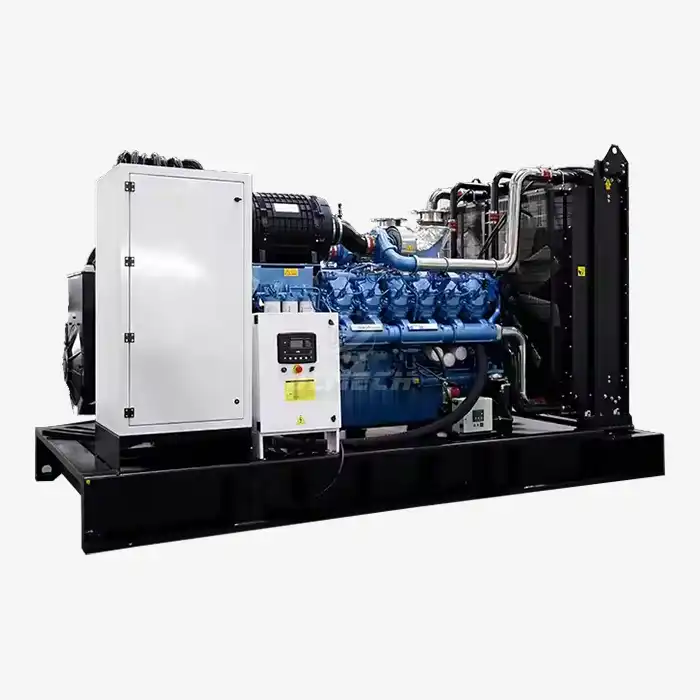 VIEW MOREshangchai diesel generator 100KW
VIEW MOREshangchai diesel generator 100KW



